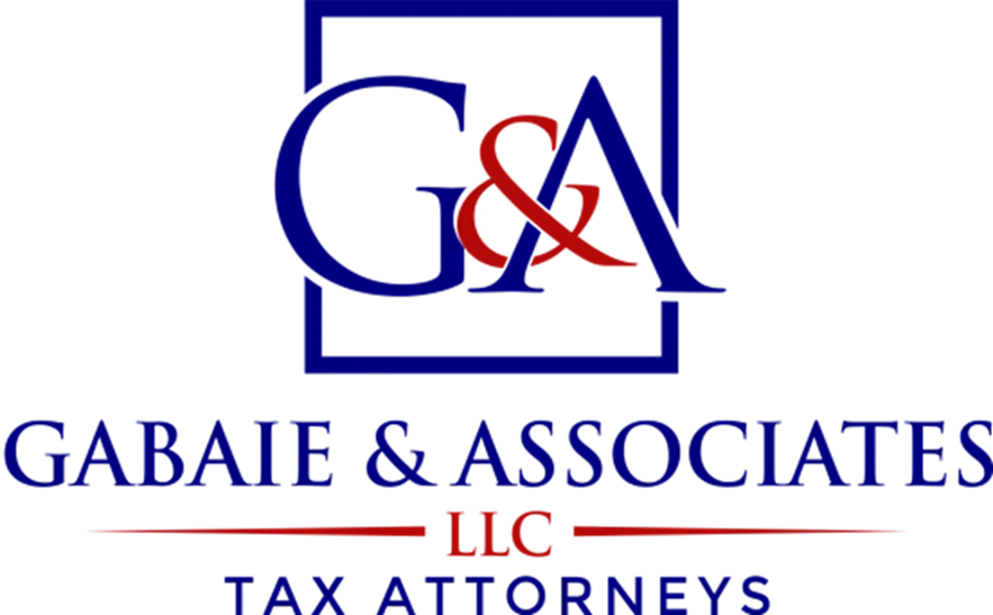CONTACT US FOR A FREE CONSULTATION
- Home
- About Our Firm
- Our Team
- Case Results
- Locations
- Maryland Communities We Serve
- Baltimore Tax Attorney
- Columbia Tax Attorney
- Annapolis Tax Attorney
- Bel Air Tax Attorney
- Rockville Tax Attorney
- Frederick Tax Attorney
- Reisterstown Tax Attorney
- Hagerstown Tax Attorney
- Cambridge Tax Attorney
- Easton Tax Attorney
- Mount Airy Tax Attorney
- Towson Tax Attorney
- Timonium Tax Attorney
- Baltimore County Tax Attorney
- Howard County Tax Attorney
- Bowie Tax Attorney
- Waldorf Tax Attorney
- Bethesda Tax Attorney
- Eastern Shore Tax Attorney
- Ocean City Tax Attorney
- Potomac Tax Attorney
- Chevy Chase Tax Attorney
- Laurel Tax Attorney
- Salisbury Tax Attorney
- Silver Spring Tax Attorney
- Montgomery County Tax Attorney
- Wicomico County Tax Lawyer
- Prince George's County Tax Lawyer
- Worcester County Tax Attorney
- Anne Arundel Tax Attorney
- Kent County Tax Attorney
- Harford County Tax Attorney
- Charles County Tax Attorney
- Calvert County Tax Attorney
- Talbot County Tax Attorney
- Dorchester County Tax Attorney
- Washington County Tax Attorney
- Cecil County Tax Attorney
- Queen Anne's County
- Carroll County
- Caroline County
- Tax Resources
- Blog
- FAQs
- IRS Problems
- Tax Problems
- Income Tax Fraud
- Tax Liens & Tax Levies
- Audit & Appeals
- Unfiled Tax Returns
- Unfiled Payroll Taxes
- Payroll Taxes & Trust Fund Recovery Penalty
- Offer in Compromise
- Installment Plan Agreements
- IRS Revenue Officer Showed Up
- IRS Hardship Status
- Injured and Innocent Spouse Relief
- FBAR
- Trust Fund Recovery Penalty
- Tax Penalties
- Business Taxes
- CP 523 Letter
- CP 90 Letter
- IRS Partial Payment Installment Agreement (PPIA)
- Maryland Taxes
- Free Consultation
- Client Portal
- Make a Payment
- Home
- About Our Firm
- Our Team
- Case Results
- Locations
- Maryland Communities We Serve
- Baltimore Tax Attorney
- Columbia Tax Attorney
- Annapolis Tax Attorney
- Bel Air Tax Attorney
- Rockville Tax Attorney
- Frederick Tax Attorney
- Reisterstown Tax Attorney
- Hagerstown Tax Attorney
- Cambridge Tax Attorney
- Easton Tax Attorney
- Mount Airy Tax Attorney
- Towson Tax Attorney
- Timonium Tax Attorney
- Baltimore County Tax Attorney
- Howard County Tax Attorney
- Bowie Tax Attorney
- Waldorf Tax Attorney
- Bethesda Tax Attorney
- Eastern Shore Tax Attorney
- Ocean City Tax Attorney
- Potomac Tax Attorney
- Chevy Chase Tax Attorney
- Laurel Tax Attorney
- Salisbury Tax Attorney
- Silver Spring Tax Attorney
- Montgomery County Tax Attorney
- Wicomico County Tax Lawyer
- Prince George's County Tax Lawyer
- Worcester County Tax Attorney
- Anne Arundel Tax Attorney
- Kent County Tax Attorney
- Harford County Tax Attorney
- Charles County Tax Attorney
- Calvert County Tax Attorney
- Talbot County Tax Attorney
- Dorchester County Tax Attorney
- Washington County Tax Attorney
- Cecil County Tax Attorney
- Queen Anne's County
- Carroll County
- Caroline County
- Tax Resources
- Blog
- FAQs
- IRS Problems
- Tax Problems
- Income Tax Fraud
- Tax Liens & Tax Levies
- Audit & Appeals
- Unfiled Tax Returns
- Unfiled Payroll Taxes
- Payroll Taxes & Trust Fund Recovery Penalty
- Offer in Compromise
- Installment Plan Agreements
- IRS Revenue Officer Showed Up
- IRS Hardship Status
- Injured and Innocent Spouse Relief
- FBAR
- Trust Fund Recovery Penalty
- Tax Penalties
- Business Taxes
- CP 523 Letter
- CP 90 Letter
- IRS Partial Payment Installment Agreement (PPIA)
- Maryland Taxes
- Free Consultation
- Client Portal
- Make a Payment
